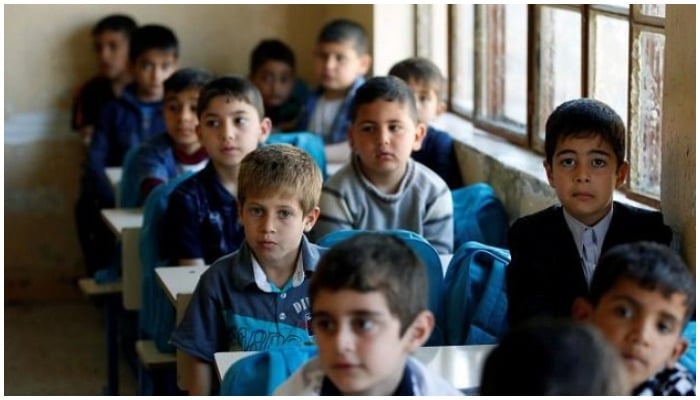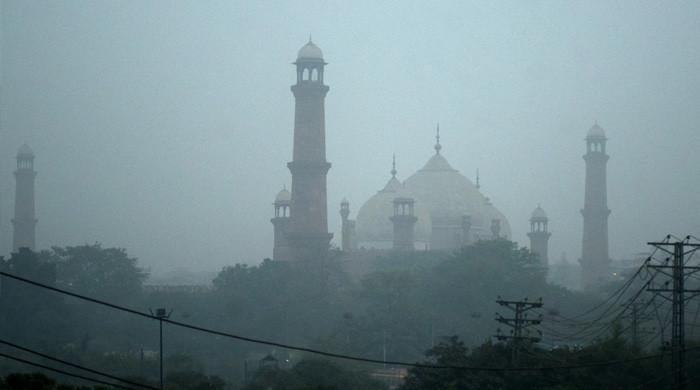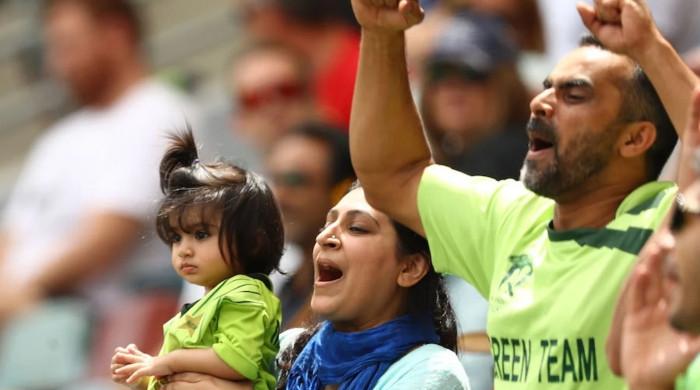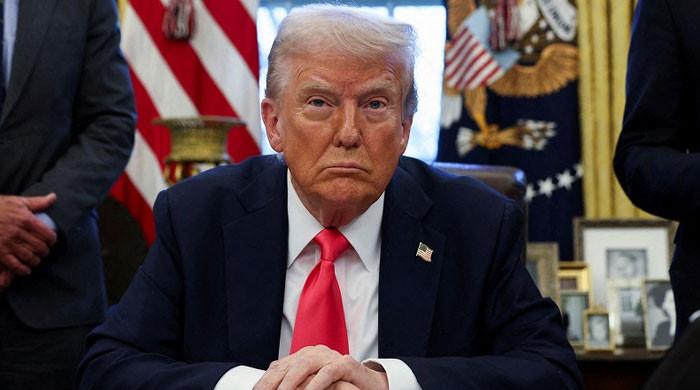Rote learning vs meaningful learning in Pakistan
Punjab is the only province which does not offer primary-level education in the native tongue of most children, often leaving them blank in the class, unable to comprehend what they are learning,...
September 15, 2022

Pakistan has struggled to maintain any kind of standard at both government and private schools across the country. While private schools often claim to offer the best education and learning in English to their students, they are not always successful.
The kind of education that many children receive is based on rote learning and cramming – similar to how they would learn at most government schools. The only difference is that parents pay exorbitant fees for their children’s education at private schools. Only high-tier elite schools – which charge high fees and are accessible to only a tiny minority – can claim to offer education that matches international standards.
According to the available surveys, a majority of Grade-5 children at both government and private schools are unable to write a complete sentence in either English or Urdu. The conflict of the languages adds to the problem. At English-medium schools, children are taught in English and barely understand the content they have been taught. When the same content is provided to them in Urdu, their eyes light up. Children who have never been exposed to English at their homes and have received no specialised English tuitions at their schools begin to understand the concepts.
It is unclear why the country has not chosen to follow models from other countries where children are first taught in their mother tongue so they can understand the content, and then in later grades, they are taught English as a skill they will need for employment opportunities.
In our country, the situation is dismal. In Punjab, the education authorities have neglected Punjabi; this has added to the problem. Punjab is the only province that does not offer primary-level education in the native tongue of most children, often leaving them blank in class, unable to comprehend what they are learning. The only option for them is to cram what is put before them to pass the exam.
Pakistan does not need just major education reforms. The Single National Curriculum (SNC) offered by the PTI government solved no problems and, in some way, added more to them, further emphasising cramming and taking away from a child’s intellectual ability to develop skills. This is a deeply rooted problem and should be solved if the country is to progress and grow in any direction.
So, how do we go about it? One method would be to study the example of Vietnam, a desperately poor country in the 1990s, whose per capita income has now grown massively; the Vietnamese government thinks it can grow further if education is massively reformed through the reteaching of teachers and other methods. Such strategies help education become child-centred, based on the capacity of children to learn and then acquire places in universities and gain jobs.
In Vietnam, the emphasis is not only on STEM (science, technology, engineering and math) subjects but also on development of other skills. These reforms have been massive, and in some schools, classes were shut down for some days to allow teachers to be trained in the new method required for teaching.
The same happened in Japan, and since the 1990s, the Japanese committee responsible for education has recognised that cram learning is not helpful. Japan adopted and introduced an approach centred on child-based learning and the individual ability of children at schools one by one.
This initially resulted in a steep fall in education standards as measured through global academic benchmarks. But Japan has since then caught up and retained its policy of training children not to cram, not to depend entirely on teachers, and to further their skills through their own initiatives and learn through these rules. The results have been dramatic, and today, Japan has once again reached the top of the world in terms of educational attainment as it continues to improve its standards.
Pakistan needs to do something similar. Given the situation we face, there may be no harm in closing down all government and private schools for some months so that teachers can be retrained and re-educated to teach in a more modern way and with a better approach, which is in place everywhere in the world. This would be a huge service to our children.
We must remember that at one point the standard of Pakistan’s government schools was far higher than what it is now, and these schools produced scholars such as Nobel laureate Dr Abdul Salam and other great personalities like IA Rahman. Those days have long gone, and most government schools have fallen into a state of disarray. There is a complete lack of motivation among poorly paid teachers.
It is true we cannot immediately reach the standards of countries like Denmark, where teachers are paid higher than lawyers and doctors. Denmark is said to have the highest education achievements in the world, and children over there receive free education and are encouraged to pursue their interests.
Pakistan can at least take some steps towards improving education and making children understand what they are learning, instead of depending entirely on rote learning. This is nothing short of a disaster. We have children who simply do not understand the basics of what they are taught in subjects such as science, mathematics and literature. This is because they are taught in a language they do not understand.
We need to change this, and we need to study the Vietnamese and Japanese models as the first step along the road to near-complete change and introduce education reforms so that our children can use their skills and learn at schools, instead of being treated as robots.
The writer is a freelance columnist and former newspaper editor. She can be reached at: [email protected]
Originally published in The News











